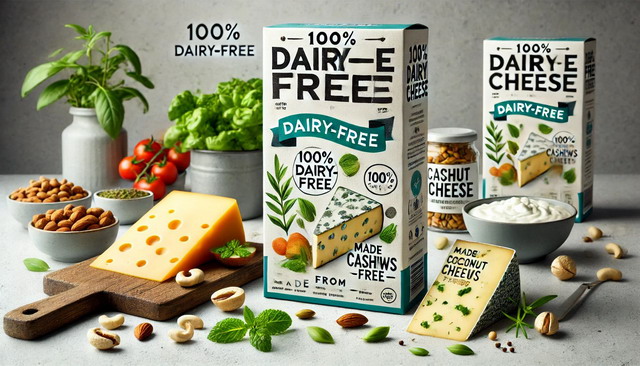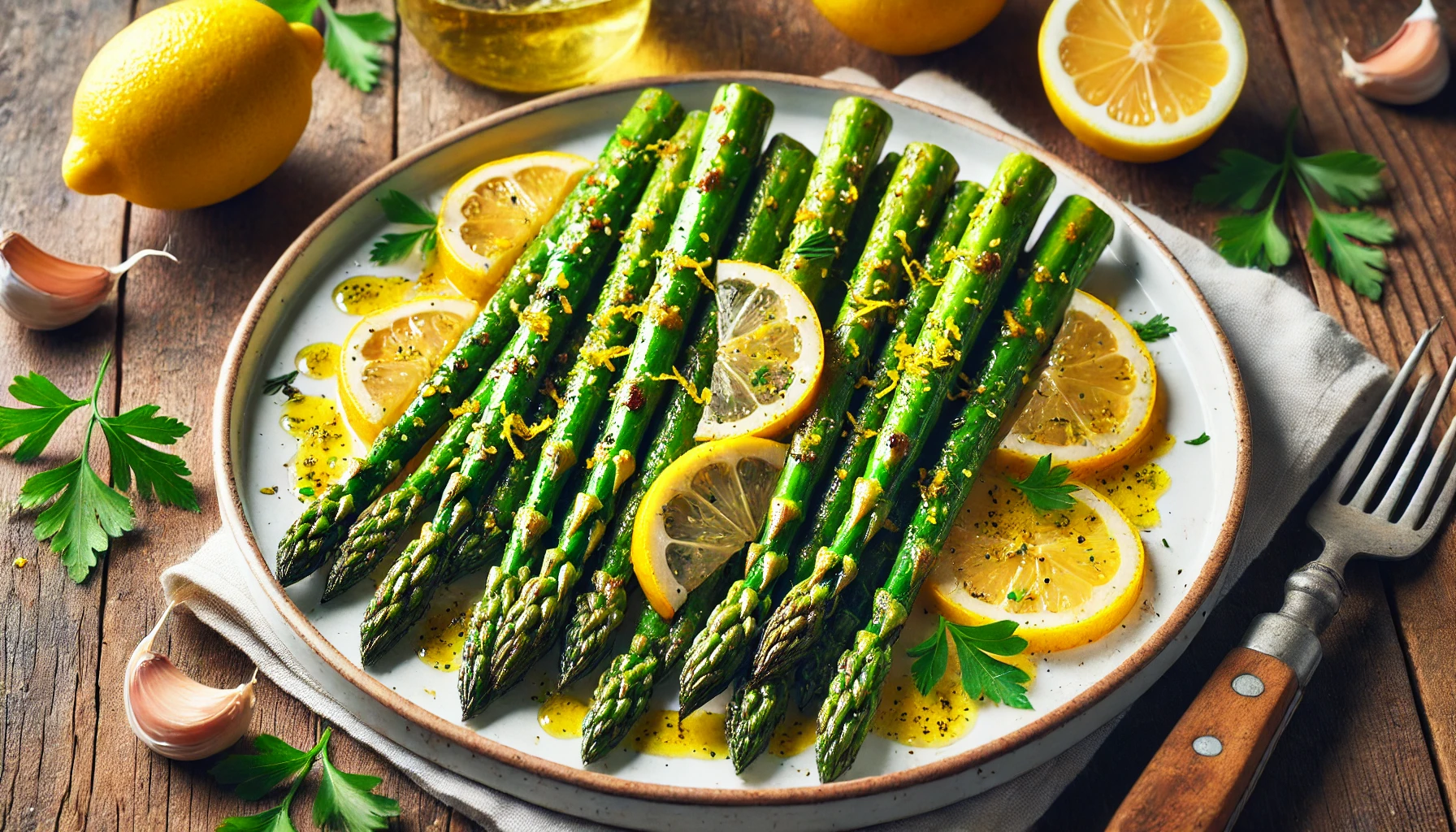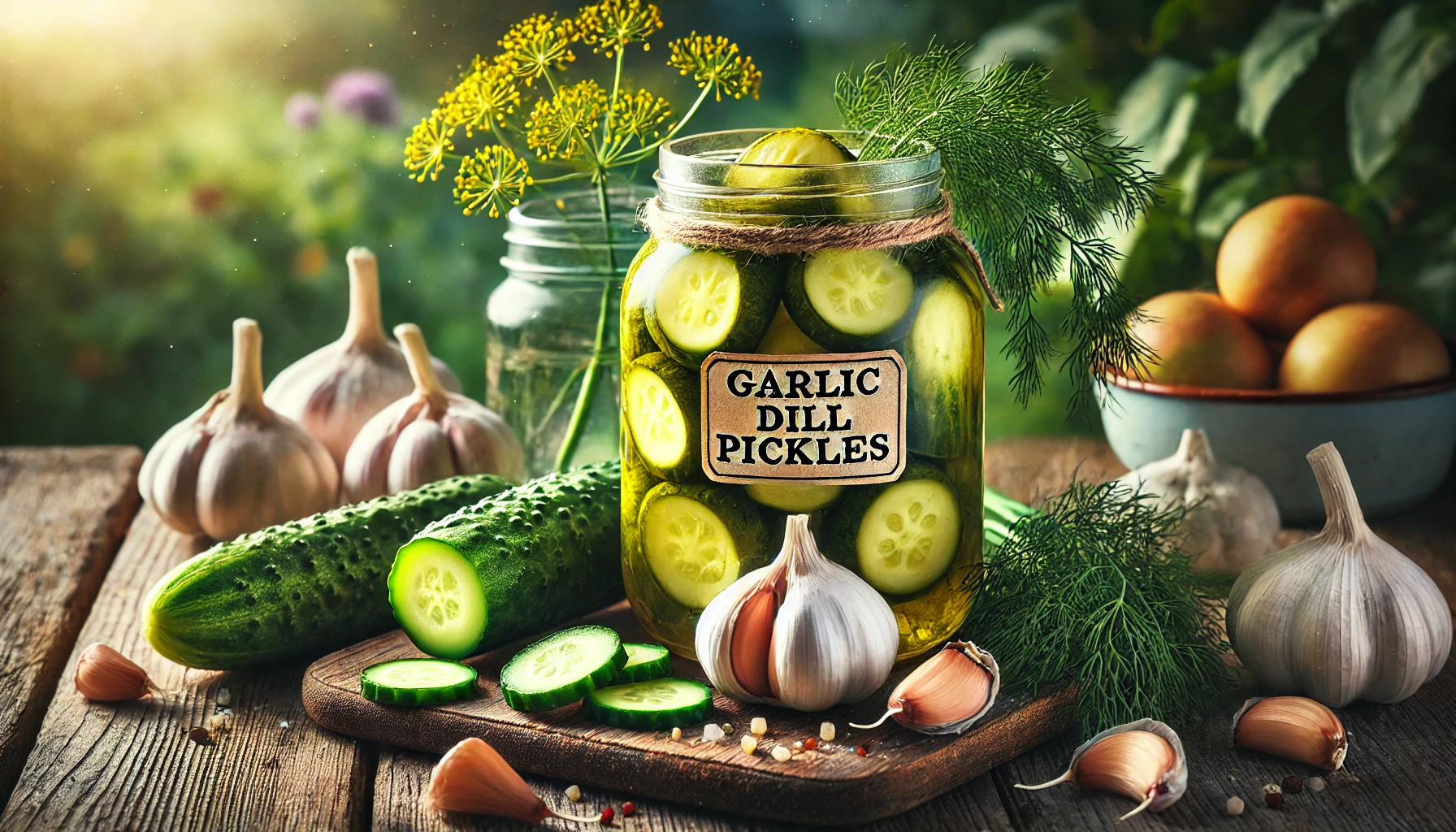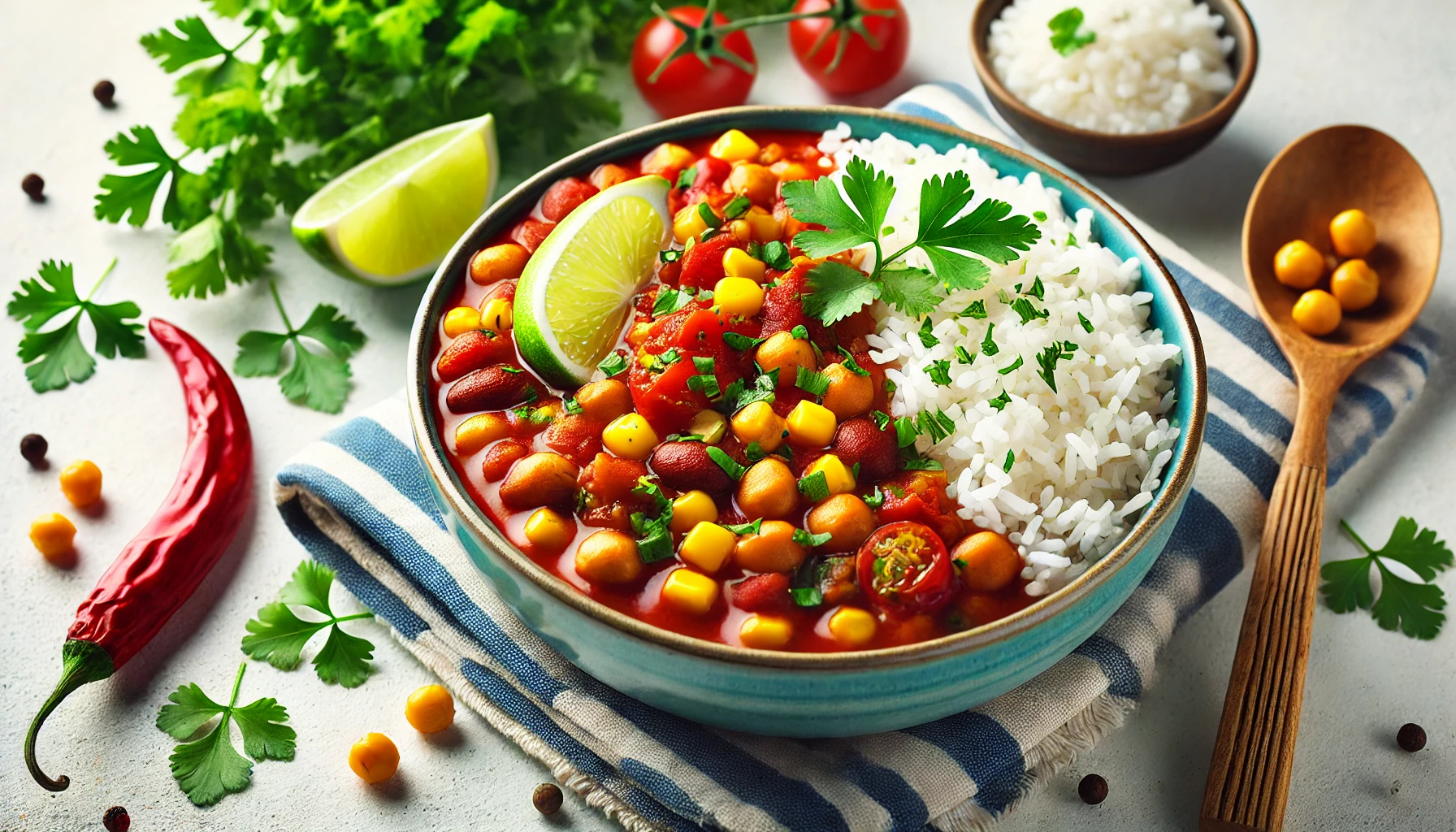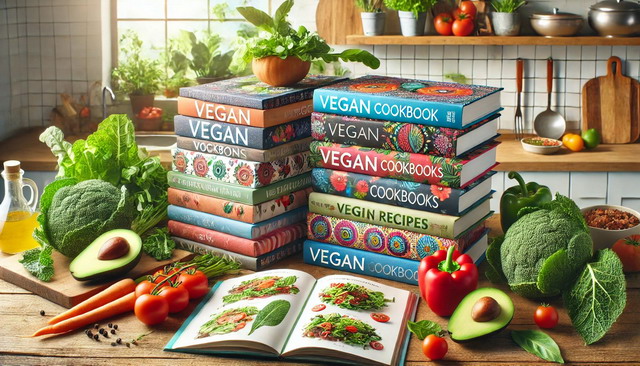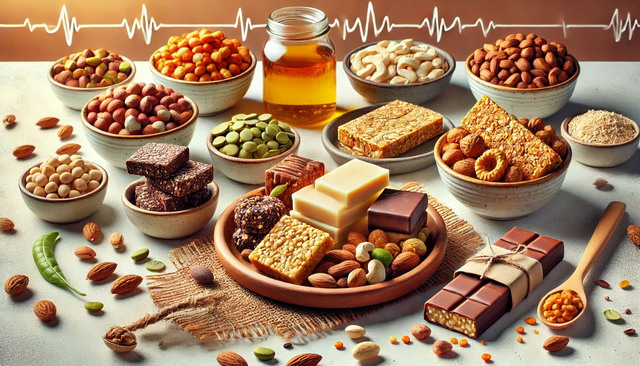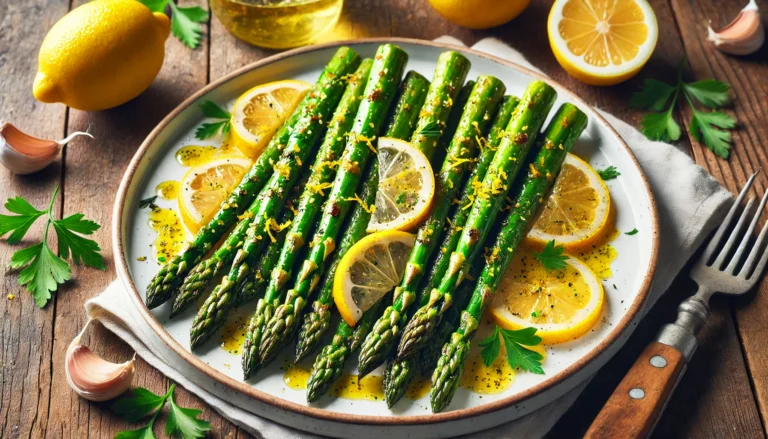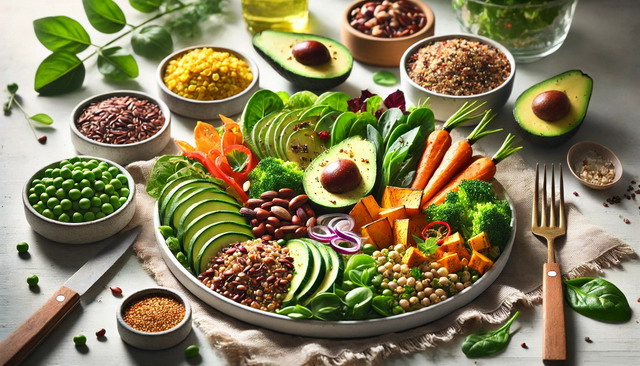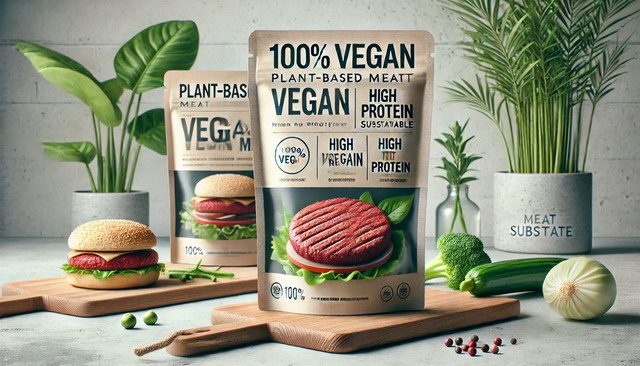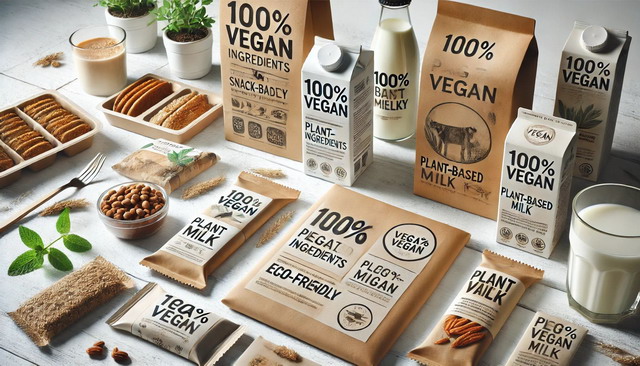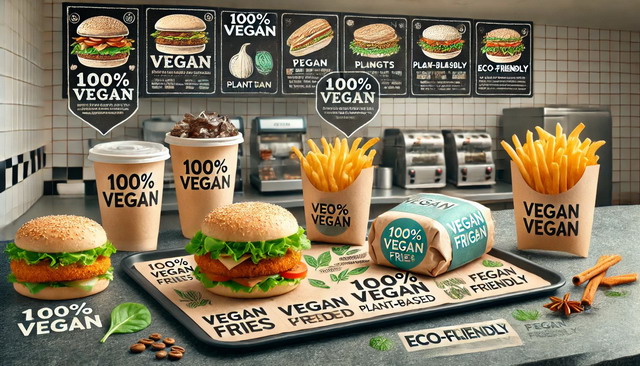The world of food is undergoing a remarkable transformation, and one of the most exciting changes is the rise of dairy-free alternatives. As we approach 2025, consumers are increasingly turning to plant-based options, driven by concerns for health, sustainability, and ethical eating. Among the many alternatives to traditional animal products, dairy-free cheese has emerged as a game-changer, offering delicious options for those looking to reduce or eliminate dairy from their diets.
Whether motivated by lactose intolerance, a desire to follow a vegan or plant-based diet, or simply a curiosity about new food innovations, more people are exploring dairy-free cheese than ever before. And it’s not just about cutting out dairy—it’s about finding alternatives that still deliver on taste, texture, and versatility. In 2025, dairy-free cheese has moved beyond the niche market, evolving into a mainstream product that appeals to a wide audience.
From nut-based spreads to soy-based slices and even fermented plant-based cheese varieties, the range of dairy-free cheeses available is more diverse and delicious than ever. As the industry continues to grow and innovate, the future of dairy-free cheese looks promising, with new products emerging that rival the taste and functionality of traditional cheese.
In this article, we’ll explore the factors driving the rise of dairy-free cheese, the top ingredients used in these alternatives, and the exciting innovations shaping the future of this rapidly expanding market. Whether you’re a seasoned plant-based eater or just curious about trying something new, the world of dairy-free cheese is full of possibilities. Let’s dive in!
New Dairy-Free Cheese Alternatives 2025: A Revolution in Plant-Based Eating
As we approach 2025, the food industry is witnessing a dynamic shift toward healthier, more sustainable alternatives to traditional dairy products. One category experiencing explosive growth is dairy-free cheese. With the rise of plant-based diets and increased awareness about lactose intolerance, dairy-free cheese has gone from a niche product to a mainstream staple in many households. This article dives into why dairy-free cheese is on the rise and explores some of the key reasons behind its growing popularity.
Why Dairy-Free Cheese is on the Rise
The demand for dairy-free cheese alternatives has surged due to several factors. First and foremost is the growing interest in plant-based diets. According to recent studies, more consumers are turning to vegan or flexitarian diets, either for health reasons or ethical concerns about the impact of traditional animal farming. Dairy-free cheese, often made from nuts, soy, or even legumes, provides a suitable alternative that appeals to this ever-growing demographic.
Another crucial factor is the increasing number of people who are lactose intolerant or have a dairy allergy. Lactose intolerance affects around 65% of the global population, making dairy consumption problematic for millions. For those who experience discomfort, bloating, or digestive issues after eating dairy products, dairy-free cheese offers a delicious solution without the downside. As more individuals become aware of their food sensitivities, the shift toward alternatives that offer similar tastes and textures becomes more appealing.
Beyond individual health, environmental considerations play a huge role in the rise of dairy-free cheese. Traditional dairy farming is resource-intensive, requiring vast amounts of water, land, and feed for livestock. Moreover, dairy production contributes significantly to greenhouse gas emissions. By contrast, plant-based cheese alternatives are far more sustainable. They require fewer resources and produce less environmental waste. As the world moves toward a more eco-conscious mindset, the appeal of dairy-free options grows stronger, aligning with consumers’ desires to make more sustainable food choices.
Ethics are another driving factor for many consumers. A growing awareness of the treatment of animals in industrial farming systems has led people to seek out cruelty-free alternatives. For ethical vegans, dairy-free cheese provides the taste and texture of cheese without contributing to animal exploitation. With more brands positioning themselves as ethically sound and environmentally conscious, consumers can enjoy their favorite cheesy dishes without guilt.
As we move into 2025, these factors—health, environmental concerns, and ethics—are converging to reshape the dairy industry. Traditional cheese has long been a staple in diets worldwide, but dairy-free alternatives are proving they can stand up to the competition. Consumers are no longer forced to choose between flavor and ethics; innovations in the dairy-free space are making it easier to have both.
Innovative Plant-Based Meat Substitutes 2025: Discover the Future of Meat Alternatives
Top Ingredients Used in Dairy-Free Cheese Alternatives
Dairy-free cheese has evolved dramatically in recent years, with the industry exploring a wide variety of ingredients to recreate the taste, texture, and melting properties of traditional cheese. In 2025, innovation in this space is at an all-time high, and the ingredients used in dairy-free cheese alternatives are more diverse and sophisticated than ever. From nuts and soy to legumes and root vegetables, these ingredients offer a delicious, nutritious base for dairy-free cheese.
Nut-Based Cheeses: Cashews, Almonds, and More
Nuts, particularly cashews and almonds, have become the foundation of many dairy-free cheeses due to their creamy texture and subtle flavor. Cashew cheese is a favorite among vegans and plant-based eaters because of its rich consistency and ability to mimic the creaminess of dairy cheese. It’s commonly used in spreads, sauces, and even aged cheeses. Cashews are easy to blend into a smooth base that provides the ideal structure for soft cheeses like ricotta or cream cheese.
Almond-based cheese is another popular option. Almonds offer a slightly firmer texture, making them a great base for dairy-free hard cheeses. They are also packed with protein and healthy fats, making them a nutritious alternative to traditional cheese. In 2025, we’re also seeing experimentation with other nuts like macadamias and Brazil nuts, further diversifying the flavors and textures available in dairy-free cheeses.
Soy-Based Cheeses
Soy has long been a staple in plant-based products, and it continues to be a key ingredient in dairy-free cheese alternatives. Soy-based cheeses often come in a variety of styles, including cheddar, mozzarella, and even feta. Thanks to soy’s versatility and high protein content, it remains a favorite among those looking for an affordable and familiar-tasting cheese alternative.
Soy-based cheeses are prized for their ability to melt, stretch, and hold up well in cooking, making them an excellent choice for vegan pizza, lasagna, or grilled cheese sandwiches. Soy is also highly accessible, making it an attractive option for those with nut allergies or other dietary restrictions. With the ongoing advancements in plant-based technology, soy-based cheeses are only becoming more refined, offering an increasingly authentic cheese experience.
Emerging Ingredients: Pea Protein, Potato Starch, and Tapioca
While nuts and soy have long dominated the dairy-free cheese market, new ingredients are beginning to make waves in 2025. Pea protein, for example, is gaining traction as a base for dairy-free cheese due to its high protein content and neutral taste. It’s often blended with other ingredients to create stretchy, meltable cheese that rivals its dairy counterpart.
Potato starch and tapioca are also emerging as essential ingredients in the development of dairy-free cheeses. Both provide the stretchy, gooey texture that makes cheese so appealing, particularly in mozzarella-style alternatives. These starches work wonders in creating cheese that melts and browns perfectly on pizza or pasta.
Types of Dairy-Free Cheese Alternatives in 2025
The range of dairy-free cheese alternatives has expanded significantly, with nearly every traditional cheese type now having a plant-based counterpart. Whether you’re looking for a vegan mozzarella for your pizza, a dairy-free cheddar for your sandwiches, or a creamy plant-based feta for your salads, there is a wide variety of options to choose from.
Vegan Mozzarella
Mozzarella is one of the most beloved cheeses globally, and in 2025, vegan mozzarella has reached new heights of flavor and texture. Most vegan mozzarellas are made from a base of cashews or coconut oil, combined with ingredients like tapioca starch to give it that characteristic stretchy, meltable quality. Whether you’re making a pizza or layering it into lasagna, vegan mozzarella offers a dairy-free solution without compromising on flavor or performance.
Plant-Based Cheddar
Cheddar cheese is another staple that many people miss when they transition to a dairy-free lifestyle. Fortunately, plant-based cheddar has evolved significantly, with options that offer the sharp, tangy flavor and firm texture associated with traditional cheddar. Ingredients like soy, nuts, and pea protein are often used to create a convincing cheddar alternative. This cheese is perfect for everything from sandwiches to vegan mac and cheese.
Dairy-Free Feta and Ricotta
Feta and ricotta are soft cheeses commonly used in Mediterranean and Italian cuisine, and dairy-free alternatives are gaining popularity. Dairy-free feta, typically made from coconut oil, tofu, or almonds, mimics the crumbly texture and tangy flavor of traditional feta cheese. It’s perfect for salads, wraps, or sprinkled over roasted vegetables.
Dairy-free ricotta, often made from cashews or almonds, has a creamy consistency that works well in dishes like lasagna or stuffed pasta. It provides the light, fluffy texture that traditional ricotta is known for, making it a versatile ingredient in plant-based cooking.
Health and Nutritional Benefits of Dairy-Free Cheese
One of the major draws of dairy-free cheese alternatives is their potential health benefits. While traditional cheese can be high in saturated fats and cholesterol, many dairy-free options offer a healthier profile. For individuals looking to reduce their intake of cholesterol or saturated fat, dairy-free cheese can be a great alternative.
Dairy-Free Calcium Sources
Calcium is one of the essential nutrients traditionally associated with dairy products. However, many dairy-free cheeses are fortified with calcium to ensure that consumers can still meet their nutritional needs. Ingredients like almonds, which naturally contain calcium, provide an added benefit, making nut-based cheeses a nutritious option for those avoiding dairy.
Cholesterol-Free and Lactose-Free
Since dairy-free cheese doesn’t contain animal products, it’s naturally free of cholesterol. This is a significant advantage for people looking to improve heart health or those who need to follow a cholesterol-conscious diet. Additionally, dairy-free cheeses are lactose-free, making them ideal for those with lactose intolerance who still want to enjoy cheese without the digestive discomfort that dairy products can cause.
As dairy-free cheese alternatives continue to innovate, they’re not only mimicking traditional cheese but offering new health benefits that appeal to an increasingly health-conscious consumer base.
Top Plant-Based Meal Ideas for 2025: Fresh, Healthy Recipes to Try
The Future of Dairy-Free Cheese in 2025
The future of dairy-free cheese is incredibly promising, with 2025 shaping up to be a year of breakthrough innovations. As consumer demand for plant-based alternatives continues to grow, the dairy-free cheese industry is exploring new technologies and sustainable practices to enhance the quality, flavor, and accessibility of these products. This section dives into the future of dairy-free cheese, from advancements in food science to the ethical and environmental benefits driving its popularity.
Innovation in Plant-Based Cheese Technology
In 2025, advancements in food science are revolutionizing the way dairy-free cheese is made. One of the most exciting developments is the use of fermentation technology. By harnessing the power of microbial fermentation, companies are creating dairy-free cheeses that closely mimic the taste, texture, and aging process of traditional dairy cheese. This process allows for more complex flavors, akin to those found in aged cheeses, without the need for animal milk.
Another area of innovation is in the use of cultured plant-based ingredients. Culturing adds tanginess and depth to the flavor profile of dairy-free cheese, making it more comparable to its dairy counterpart. Brands are experimenting with different strains of bacteria to develop unique cheese flavors that cater to a wide range of tastes. Additionally, improvements in emulsification and fat stabilization are helping plant-based cheeses achieve better meltability and stretchability, making them more versatile for cooking.
Sustainable Cheese Alternatives
Sustainability is a significant driving force behind the growth of the dairy-free cheese industry. Traditional dairy farming requires vast amounts of land, water, and feed for livestock, contributing to deforestation and greenhouse gas emissions. In contrast, plant-based cheese alternatives have a much lower environmental footprint.
By using ingredients like nuts, legumes, and root vegetables, dairy-free cheese producers can significantly reduce their water usage and greenhouse gas emissions. For example, producing almond or cashew-based cheeses consumes far less water than dairy farming, making them more eco-friendly. Additionally, brands are increasingly focused on sourcing organic and sustainably farmed ingredients, further minimizing the environmental impact.
In 2025, companies are also exploring the use of upcycled ingredients—food by-products that would otherwise go to waste—in the creation of dairy-free cheeses. This approach not only reduces food waste but also aligns with the growing consumer demand for sustainable and eco-conscious products. As climate change continues to be a pressing global issue, the demand for environmentally friendly dairy-free cheese options is only expected to rise.
Best Dairy-Free Cheese Brands to Watch in 2025
As the dairy-free cheese market grows, several brands have emerged as leaders in innovation, quality, and taste. In 2025, both established companies and newcomers are setting the standard for what consumers can expect from dairy-free cheese alternatives.
Established Brands Leading the Way
Some brands have been at the forefront of the plant-based cheese movement for years, continually refining their products and expanding their offerings. Companies like Daiya, Miyoko’s Creamery, and Violife have become household names, known for their wide range of dairy-free cheese options that cater to a variety of tastes and preferences.
Daiya, for example, has long been a go-to for consumers seeking dairy-free cheese that melts and stretches like the real thing. Their shredded mozzarella and cheddar alternatives are popular for pizzas, casseroles, and sandwiches. In 2025, Daiya is continuing to innovate by improving the texture and flavor of their products through new food technologies.
Miyoko’s Creamery is another brand that has gained a strong following for its artisanal dairy-free cheeses, particularly its cultured cashew-based options. Known for creating cheeses that rival traditional dairy products in complexity and taste, Miyoko’s is pushing boundaries in the world of plant-based cheese. Their range includes everything from mozzarella to smoked farmhouse cheeses, offering gourmet options for plant-based eaters.
Violife, a European brand that has rapidly gained popularity in North America, is known for its coconut oil-based cheeses that offer excellent meltability and a wide array of flavors. Violife is especially beloved for its versatility in cooking, with products like their feta-style and cream cheese alternatives winning over both vegans and non-vegans alike.
Emerging Players in the Dairy-Free Cheese Market
Alongside these established players, several emerging brands are making waves in the industry, bringing new flavors, textures, and sustainability practices to the table. Brands like Nuts for Cheese and Treeline are quickly gaining recognition for their high-quality, artisanal products made from cashews and other plant-based ingredients.
Nuts for Cheese, a Canadian company, is known for its organic, fermented nut-based cheeses that boast rich, complex flavors. Their aged cheeses, like smoky chipotle and sharp cheddar-style wedges, are perfect for those looking to elevate their plant-based charcuterie boards.
Treeline, another up-and-coming brand, specializes in soft and spreadable cheeses made from cashews, with flavors like herb-garlic and cracked pepper. Treeline focuses on minimal ingredients and clean labeling, appealing to health-conscious consumers who want to avoid overly processed foods.
As more brands enter the dairy-free cheese space, the competition is driving innovation, ensuring that consumers have access to a broader range of high-quality, plant-based cheese options.
How to Incorporate Dairy-Free Cheese into Your Diet
Incorporating dairy-free cheese into your daily meals is easier than ever in 2025, thanks to the wide variety of options available. Whether you’re vegan, lactose intolerant, or simply looking to reduce your dairy consumption, plant-based cheeses can be seamlessly integrated into your favorite recipes without sacrificing flavor or texture.
Plant-Based Meal Ideas
For those who love Italian cuisine, dairy-free mozzarella can be used in pizzas, lasagnas, or caprese salads. The stretch and melt of modern vegan mozzarella make it an excellent replacement for traditional cheese in these dishes. You can also experiment with plant-based ricotta in stuffed shells or vegan cannelloni, offering a creamy, indulgent filling that rivals dairy-based versions.
If you’re a fan of comfort food, dairy-free cheddar can be used to create a rich and creamy mac and cheese, or melted over veggie burgers for a delicious, plant-based twist on a classic favorite. For those who enjoy a Mediterranean-inspired diet, dairy-free feta is perfect for sprinkling over salads or mixing into wraps.
Dairy-Free Cheese Recipes
In 2025, you’ll find a wealth of recipes designed specifically for dairy-free cheese. From creamy vegan Alfredo sauces to dairy-free cheesecake made with cashews, there are endless ways to get creative with plant-based cheeses. Many brands even offer their own recipe ideas, providing inspiration for incorporating their products into everyday meals.
For snacks, try dairy-free cheese spreads on crackers or toast, or pair aged plant-based cheeses with fruits and nuts for a gourmet charcuterie experience. Dairy-free cream cheese is perfect for bagels or as a base for dips, making it easy to enjoy your favorite breakfast or party appetizers without missing traditional dairy.
As dairy-free cheese alternatives continue to improve, it’s becoming easier to enjoy a plant-based diet without feeling limited. Whether you’re looking for a quick snack or a gourmet meal, dairy-free cheese is more versatile and accessible than ever before.
Challenges and Criticisms of Dairy-Free Cheese Alternatives
While dairy-free cheese has made significant strides in recent years, it is not without its challenges and criticisms. Some consumers have expressed concerns over the taste, texture, and ingredients used in certain products, highlighting the need for continued innovation and transparency within the industry. As more people turn to dairy-free alternatives in 2025, it’s important to address these concerns to ensure that plant-based cheese options continue to meet consumer expectations.
Taste and Texture Challenges
One of the most common criticisms of dairy-free cheese is that it doesn’t always match the taste or texture of traditional dairy cheese. For many people, the rich, tangy flavor and creamy, melt-in-your-mouth experience of cheese are difficult to replicate with plant-based ingredients. While significant progress has been made, particularly with nut-based cheeses and fermented plant-based options, not all dairy-free cheeses achieve the same level of satisfaction.
The texture of dairy-free cheese can also be a sticking point. Some products are too soft, grainy, or gummy, which can be off-putting, especially when melted. Meltability is a key feature of traditional cheeses like mozzarella and cheddar, and while many brands have come close, there is still room for improvement. Achieving the perfect balance of flavor and texture remains a challenge, particularly when it comes to replicating the complex properties of aged cheeses.
Processed Ingredients in Dairy-Free Cheeses
Another point of criticism is the use of highly processed ingredients in some dairy-free cheeses. Many plant-based cheeses, especially those that aim to mimic the meltability of traditional cheese, rely on ingredients like starches, oils, and emulsifiers. While these additives help improve texture and mouthfeel, they may raise concerns for health-conscious consumers who prefer minimally processed foods.
In 2025, consumers are increasingly aware of what they put into their bodies and are looking for clean-label products made with whole foods. This trend is pushing dairy-free cheese manufacturers to explore cleaner, more natural alternatives, focusing on simple ingredient lists without compromising on taste or quality. Brands that prioritize transparency and minimal processing are likely to win over health-conscious shoppers.
The Price of Plant-Based Cheese
Cost remains a significant barrier for many consumers considering a switch to dairy-free cheese. Nut-based and artisanal plant-based cheeses are often more expensive than their dairy counterparts due to the cost of raw materials and the labor-intensive production process. Additionally, as these products are relatively new and still gaining market share, economies of scale haven’t yet brought prices down to the level of traditional cheeses.
For budget-conscious consumers, the higher price point can be a deterrent, particularly for families or individuals who use cheese regularly. However, as demand continues to grow and production processes become more efficient, we may see prices for dairy-free cheese alternatives become more competitive over time.
Conclusion
The dairy-free cheese industry has come a long way, and 2025 promises even more exciting developments. With a focus on sustainability, health, and innovation, dairy-free cheese is meeting the needs of a growing number of consumers who are looking for alternatives to traditional dairy. From the use of nuts, soy, and pea protein to fermentation technology, the variety and quality of plant-based cheese alternatives are only improving.
While challenges remain in terms of taste, texture, and price, the future looks bright for dairy-free cheese. As brands continue to innovate and refine their products, consumers can look forward to enjoying more flavorful, versatile, and affordable plant-based cheese options. Whether driven by health concerns, environmental impact, or ethical considerations, the shift toward dairy-free cheese is an exciting part of the broader movement toward a more sustainable and conscious food system.
As dairy-free alternatives become more mainstream, there’s never been a better time to explore the vast array of plant-based cheeses available. The future of cheese is here, and it’s plant-powered!
